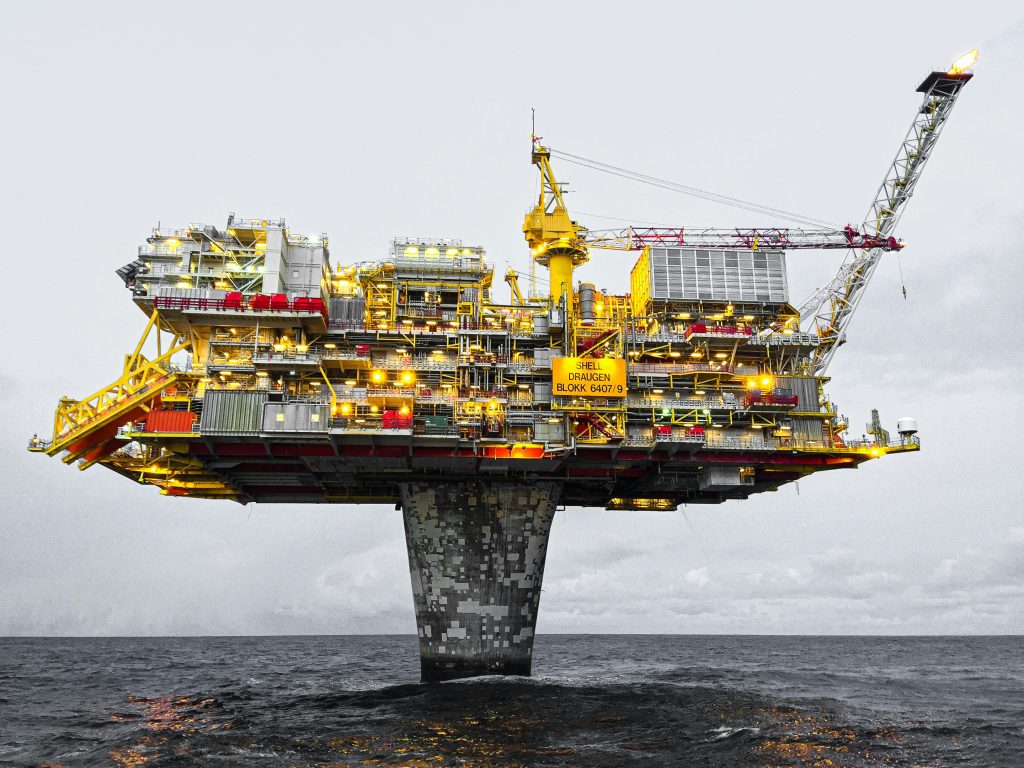Marine Engineering

Marine engineering is a specialized field of engineering that focuses on the design, construction, operation, and maintenance of ships and other marine vessels, as well as offshore structures. It combines principles from various engineering disciplines, including mechanical, electrical, electronic, and control engineering, to create and maintain the complex systems that keep vessels moving and functioning efficiently.
Here’s a breakdown of what marine engineering entails:
Core Responsibilities:
- Design and Construction: Marine engineers are involved in the design and construction of all types of vessels, from small fishing boats to massive cargo ships and cruise liners. They work with naval architects to ensure that the ship’s systems, including propulsion, power generation, and navigation, are integrated effectively.
- Operation and Maintenance: Marine engineers are responsible for the day-to-day operation and maintenance of the ship’s machinery and systems. This includes engines, generators, pumps, electrical systems, and control systems. They troubleshoot problems, perform repairs, and ensure that everything runs smoothly.
- Safety and Compliance: Marine engineers play a crucial role in ensuring the safety of the vessel and its crew. They adhere to strict regulations and standards to prevent accidents and protect the environment.
- Research and Development: Marine engineers are also involved in research and development to improve ship technology, efficiency, and sustainability. This includes exploring new propulsion systems, alternative fuels, and energy-saving technologies.
Specializations within Marine Engineering:
- Marine Propulsion: Focuses on the design and operation of ship propulsion systems, including diesel engines, gas turbines, and electric motors.
- Marine Electrical Systems: Deals with the design, installation, and maintenance of electrical systems onboard ships, including power generation, distribution, and lighting.
- Marine Control Systems: Involves the design and implementation of automation and control systems for ship operations, such as navigation, communication, and cargo handling.
- Offshore Engineering: Focuses on the design and construction of offshore platforms and structures used for oil and gas exploration and production.
Why is Marine Engineering Important?
Marine engineering is essential for:
- Global Trade: The vast majority of goods are transported by sea, making marine engineering crucial for the global economy.
- Transportation: Marine engineers enable the safe and efficient movement of people and goods across waterways.
- Resource Exploration: Marine engineers play a vital role in exploring and extracting resources from the ocean, such as oil, gas, and minerals.
- National Security: Navies rely on marine engineers to design, build, and maintain their fleets.
The Future of Marine Engineering:
Marine engineering is constantly evolving, driven by factors such as:
- Sustainability: There is a growing emphasis on developing environmentally friendly ships and reducing emissions.
- Technology: Advancements in areas like automation, digitalization, and artificial intelligence are transforming the marine industry.
- Efficiency: Shipowners are seeking to improve fuel efficiency and reduce operating costs.
If you’re interested in a challenging and rewarding career that combines engineering principles with a passion for the sea, marine engineering could be a great fit for you!
